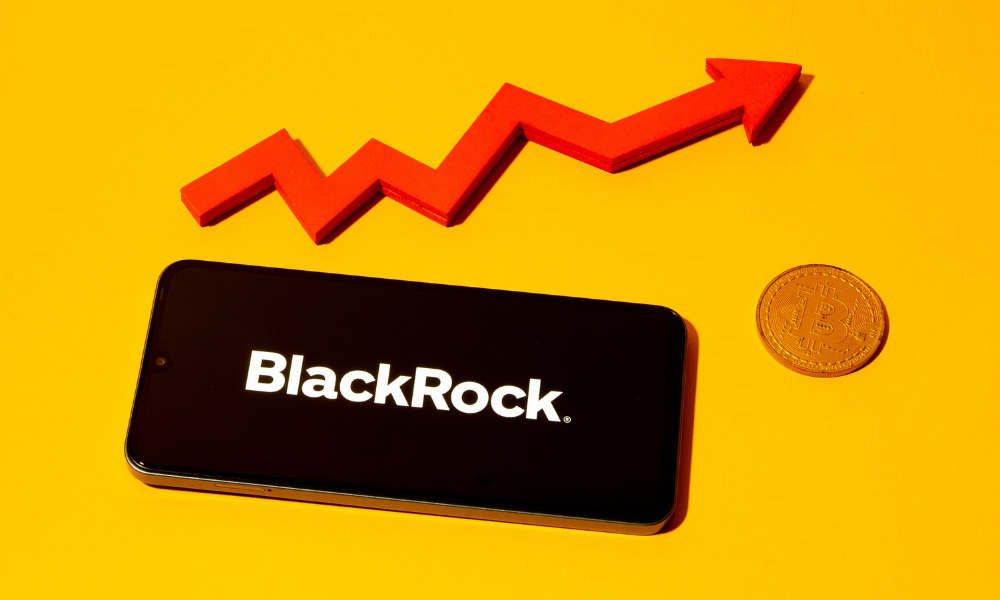With the cost of living still rising too sharply, are climate-related policies aligned with Canadian households?

The worst-ever start to Canadian wildfire season serves as a stark reminder that any increase in natural disasters needs urgent attention.
But when that attention demands a higher tax burden for already-struggling households, there will always be questions asked about how much Canadians are willing to pay for environmental matters.
This weekend, the federal government is introducing a second carbon tax which the PBO estimates will mean an extra cost per household of up to $1,157 per year on average by 2030 and drive-up gas costs by 17 cents a litre.
These costs result from fuel producers having to reduce the carbon content of their fuels or be forced to purchase credits.
The Canadian Taxpayers Federation (CTF) says that this extra tax burden will, when added on top of the existing carbon tax, add 55 cents to the price of a litre of gas.
The CTF is urging Ottawa to scrap the extra tax and questions whether it will have a significant impact on Canada’s carbon emissions.
“Canadians need another carbon tax like we need a kick in the head,” Franco Terrazzano, Federal Director of the CTF, said. “The Parliamentary Budget Officer is clear: Trudeau’s second carbon tax will cost families hundreds of dollars.”
The cost varies widely by province, ranging from $384 in BC to $1,157 in Alberta.
Climate policy
The CTF is not the only organization questioning the Trudeau administration’s climate change policies.
The Fraser Institute believes that modelling used to predict how climate change will impact the environment is based on speculative data that leads to over-zealous policy.
“All too often, climate policy is based on speculative estimates generated by models that try to see into the future rather than being based in empirical measurements of what is actually changing today and how quickly,” said Kenneth P. Green, senior fellow at the Fraser Institute and author of Models or Measures of Climate Change: Why Does It Matter?
Green’s study suggests that estimates of the size of emissions and their impact on warming are excessive and lead to “misallocation of government’s priorities and regulation, leading to expensive and often ineffective policies.”
“Climate models tend to generate the most extreme climate change scenarios, whereas when we actually measure what has changed in the climate, the results tend to be more moderate,” Green said.
Support for policy
While the extra costs of climate change measures may be hard to bear, especially during a cost-of-living crisis, a November 2022 survey shows Canadians are broadly in support of action, at least on setting targets.
The Insurance Bureau of Canada found that 85% of poll participants believe that protecting Canadians from natural disasters they are already experiencing should be a priority for governments and just 40% of Canadians believe governments are doing enough to adapt to climate change.
"A majority of Canadians desire government action and accountability on climate adaptation. Setting targets will ensure our communities are better prepared for more severe natural disasters, such as the devastating floods in British Columbia exactly a year ago," said Craig Stewart, Vice-President, Climate Change and Federal Issues, IBC. "Canada's first National Adaptation Strategy must set near-term targets to reduce the risk of flooding and other climate-related disasters, and specify the funded actions needed to attain those targets."
Bad news for business
The additional carbon tax will have a major impact on businesses and Ottawa needs to do more to assess this according to the Canadian Federation of Independent Businesses.
“Before Parliament closes for the summer, Ottawa needs to consider the impacts of the carbon tax hike on small businesses. If the federal government can afford subsidizing large foreign companies, it surely can deliver on the rebate to small businesses it promised a few years ago already,” said Jasmin Guénette, Vice-President of National Affairs at CFIB. “While households and individuals receive rebates to offset increased costs, small businesses are being left on the sidelines. That’s not fair, and Ottawa needs to stick to its word.”
Atlantic provinces are moving under the federal carbon pricing system, joining Alberta, Saskatchewan, Manitoba and Ontario, where the federal carbon tax is already in effect, having increased to $65 per tonne on April 1.



